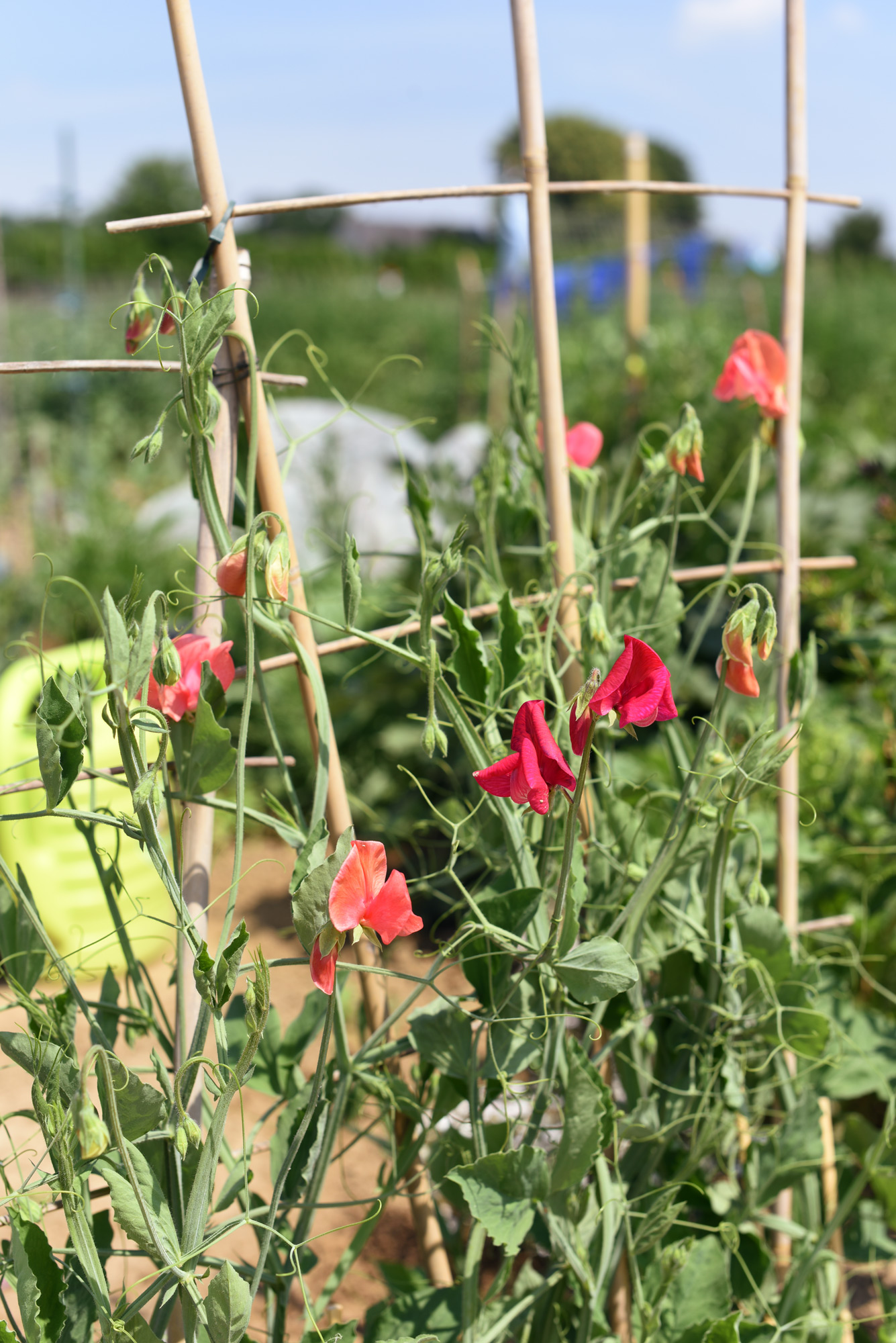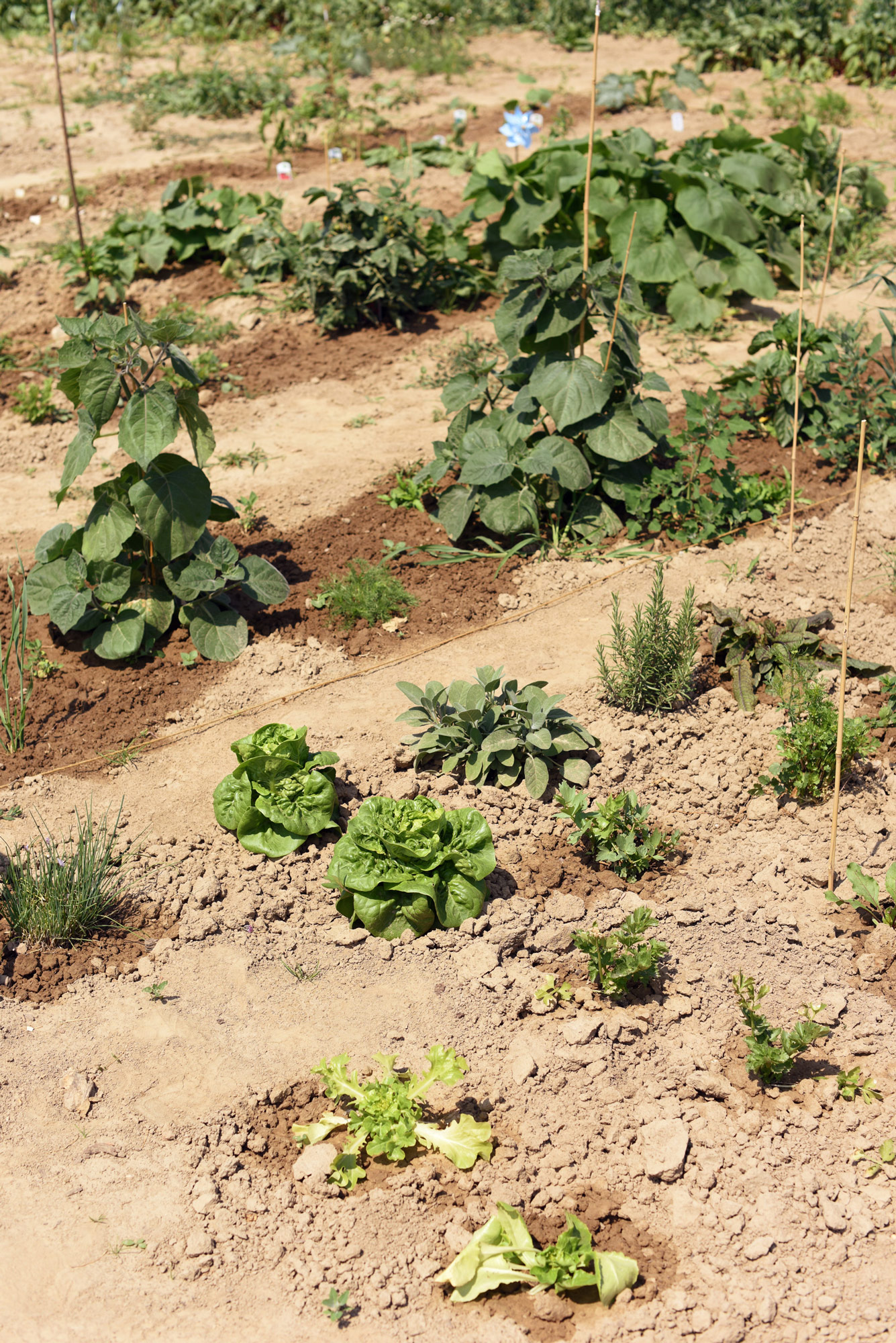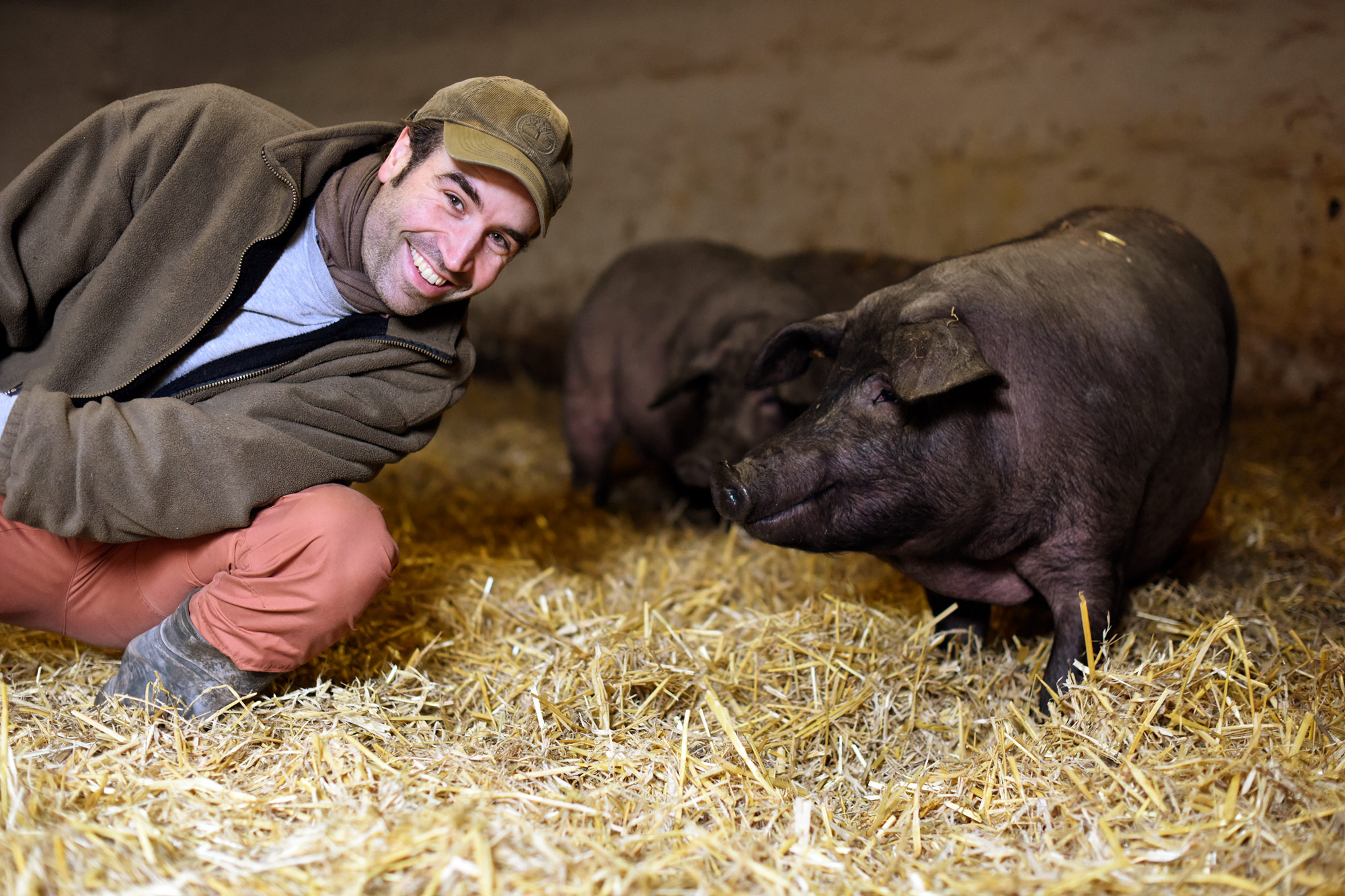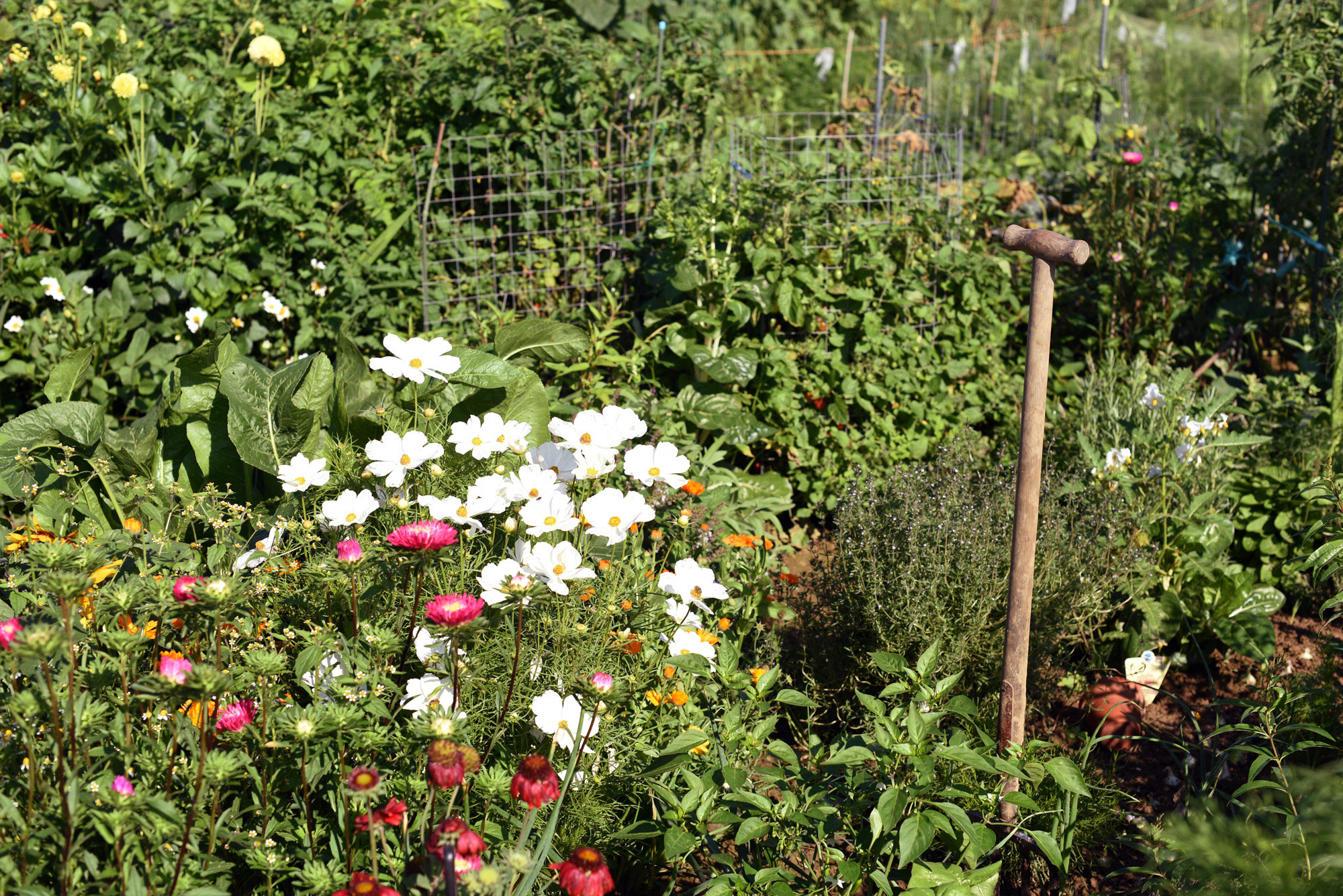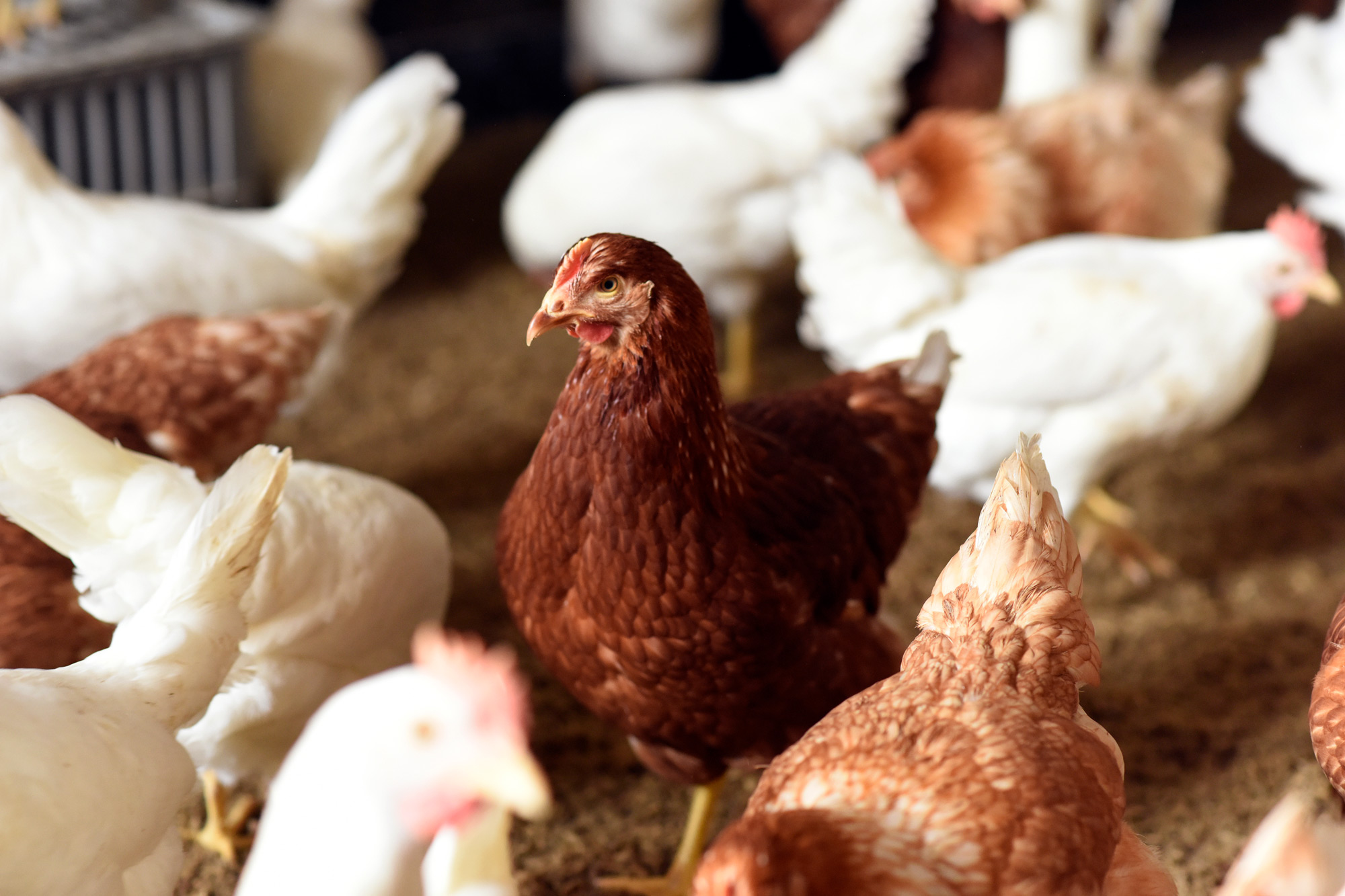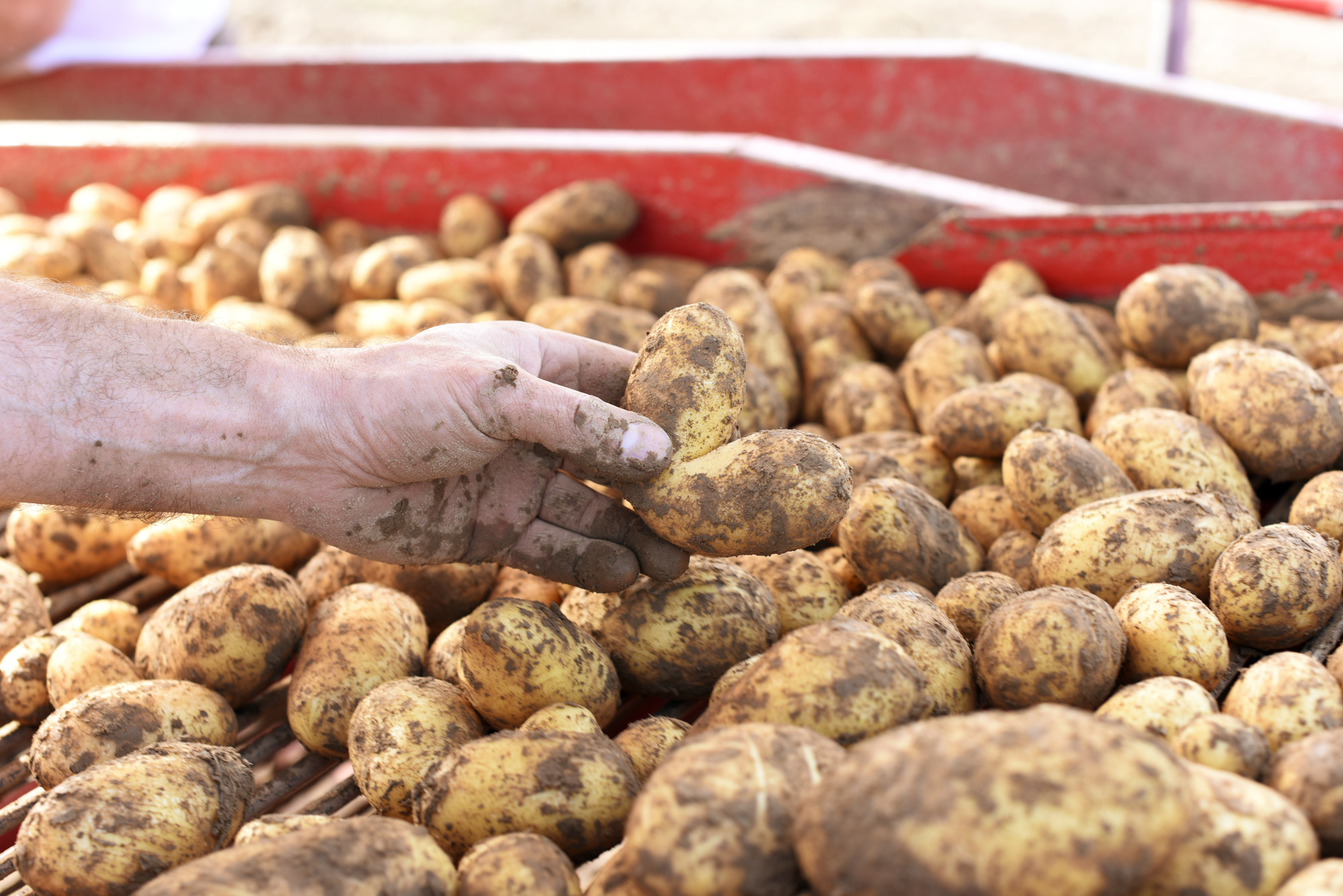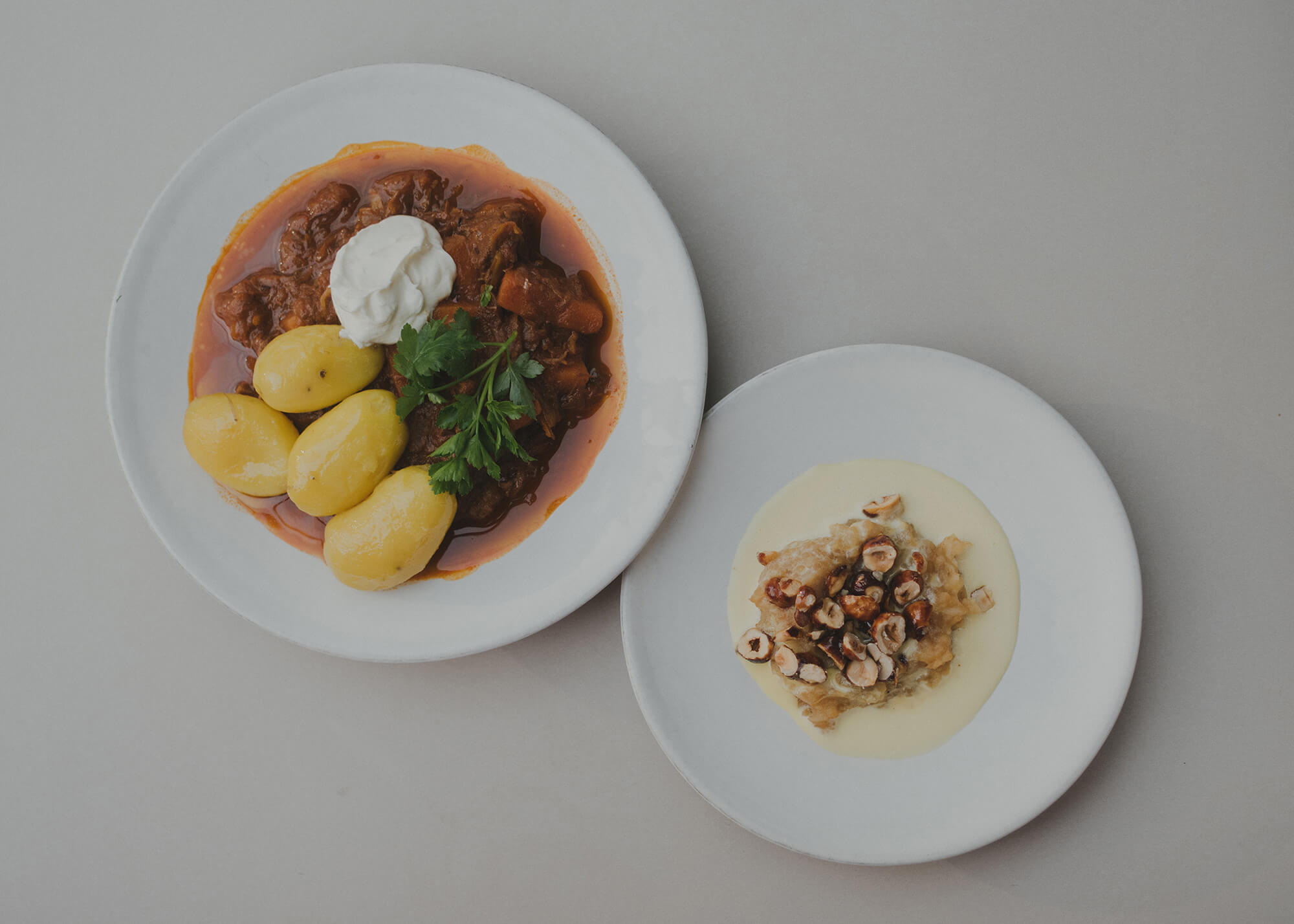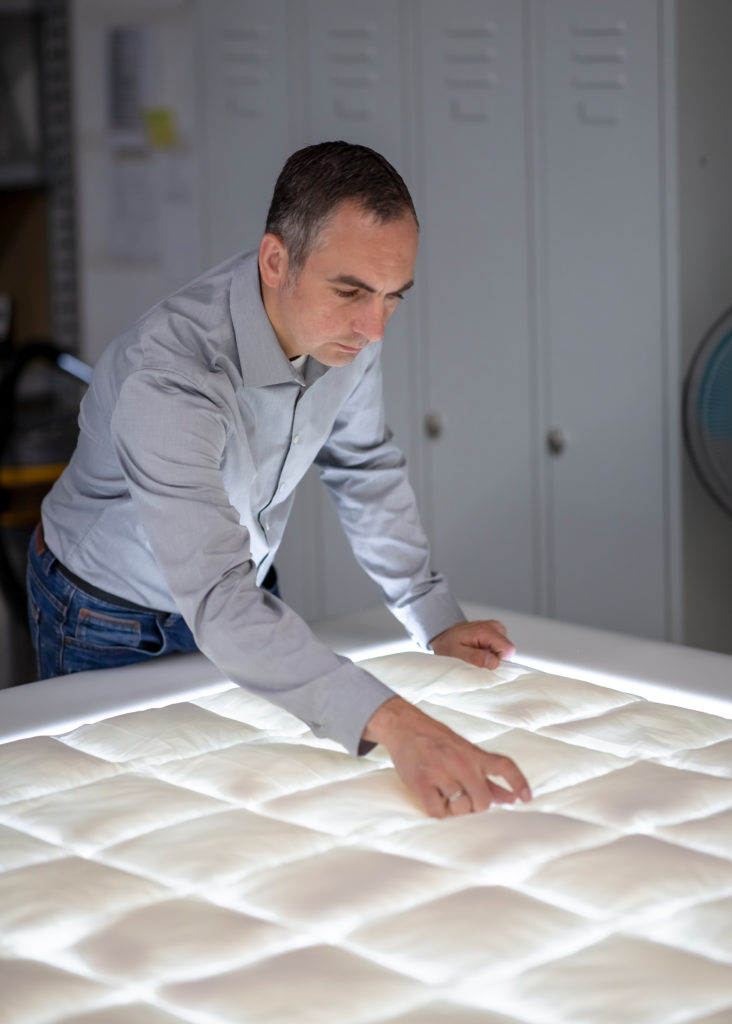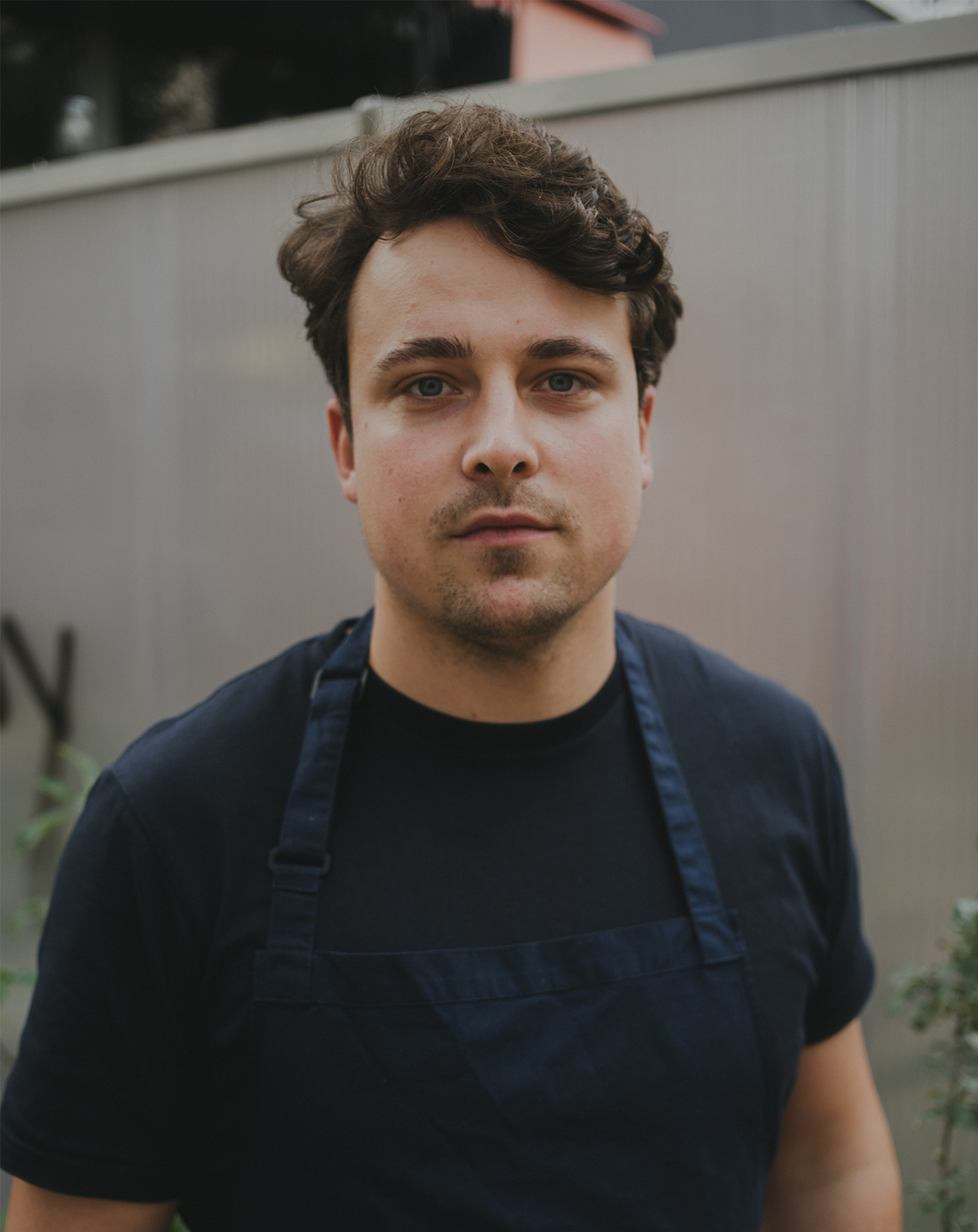There is hardly a more sustainable way to get fresh fruit and vegetables than growing them yourself. But where if you live in the city? Farmer Nikolas Weber recognized the problem and turned it into a business.
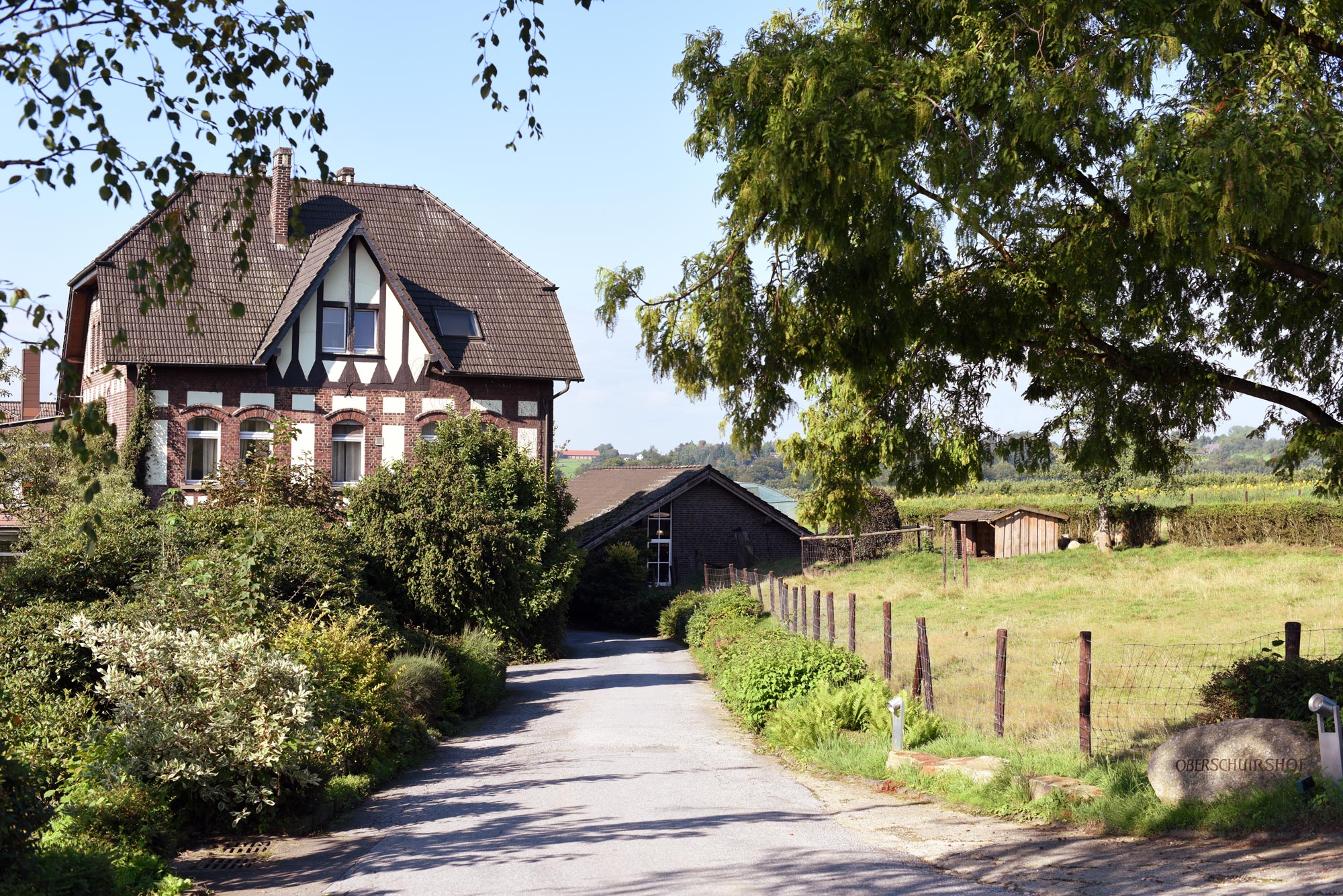
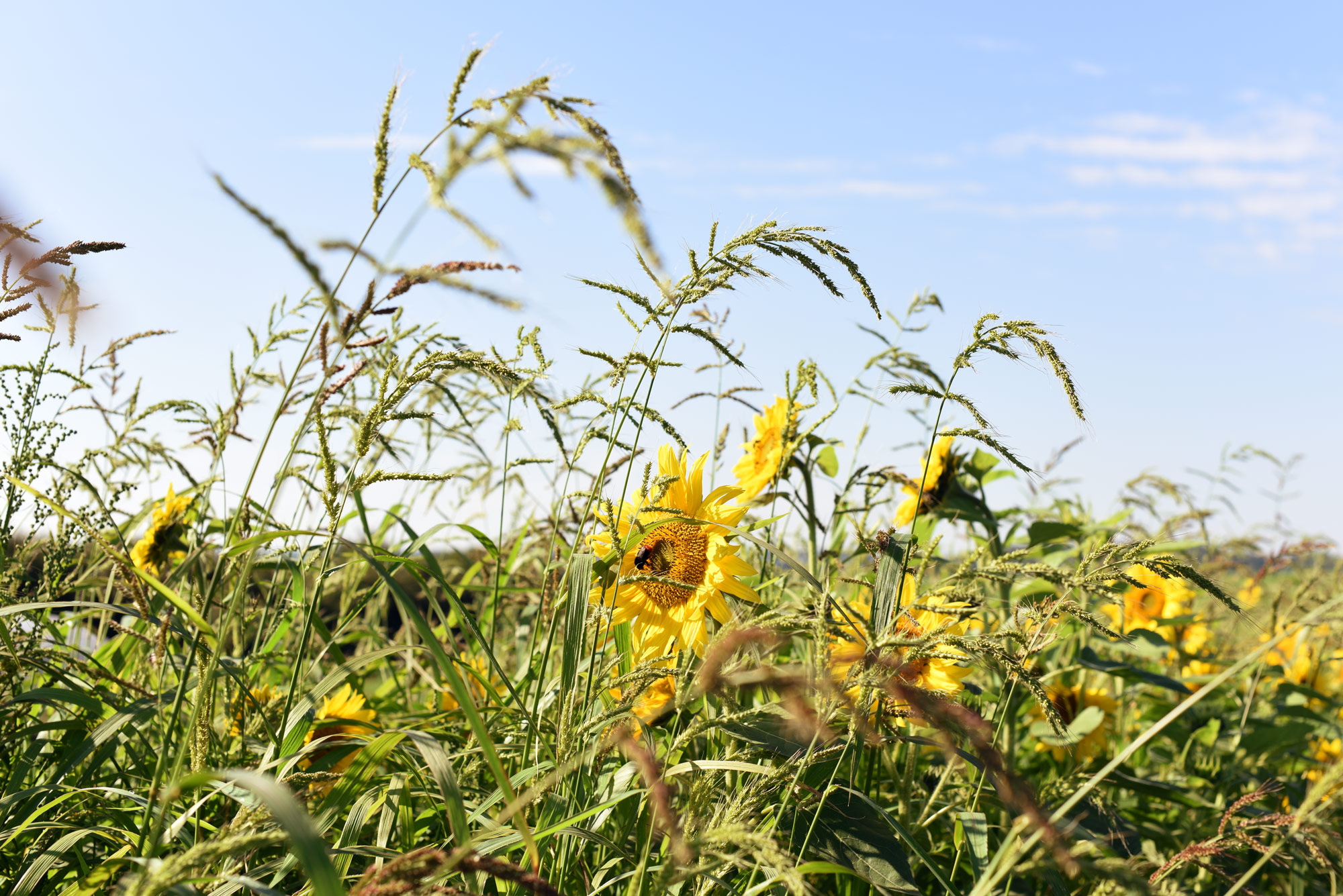
Nikolas Weber leads the Oberschuirshof in Essen-Schuir in the ninth generation. For as long as he can remember, his family has been growing grain, potatoes and apples, slaughtering poultry and pigs and selling their groceries in the small farm shop next to the horse stable on the site around the old brick house. But that’s not all anymore. Around ten years ago, Nikolas and his parents decided to rent out parts of their field to hobby gardeners who no longer wanted to be satisfied with the puny tomato bushes on their balcony. “You have to be creative in agriculture,” he says with a laugh.
The Webers called their project “Feldfreunde”. They have created around 300 plots for this purpose, and every field friend takes care of 50 square meters – with a little help out. „In April, 80 percent of the field will be filled by us“, explains the farmer.Regional products from carrots, radishes and peas to potatoes, beans and kohlrabi are planted. The tenants can let off steam on the remaining 20 percent. “One family likes flowers, the other is particularly into zucchini,” says the 38-year-old. In May the farmer not only hands over the field, but also the responsibility to the field friends.
So that you can harvest fresh, seasonal vegetables between June and November, you have to work regularly in the field – at least twice a week for an hour. “Especially in summer you don’t recognize your field after a week’s vacation,” explains Nikolas.
Almost all products that are grown on the farm go directly to the end customer. They are not sold centrally to the large supermarket chains, but locally to Essen owners or in their own small farm shop. “We are very close to the market and the needs of the customer,” he explains. For him as a farmer it is better because there are no middlemen who want to earn money from the product. At the Oberschuirshof, apples are not grown on 30 hectares, but only on three. There are not 50,000
chickens on the farm, only 3,000. This means that a single chicken is a little more expensive, but the farmer can also adapt to the market more quickly. The lower number of units enables him to replace individual lines of business with new ones without taking too great a risk. The field friends were also an experiment at the beginning. And suddenly a business model that ran well developed from it.
This project also shows that Nikolas Weber likes to deviate from conventional agriculture and try new things: the farmer has been renting out chickens for three years – in cooperation with the nutrition and relaxation therapist Jenny Kraneis. For example at retirement homes, daycare centers or schools. “Chickens are amazing relaxation animals,” he explains. Children with ADHD would be brought down a bit with their help and seniors would be brought back on their toes. It is also important to him to show people where their food actually comes from.
Although, according to the Ökobarometer 2019, every second German stated that they regularly buy organic products, Nikolas believes that awareness of food has decreased in society. “People don’t even know how to process the products or how to make them durable,” he says. Instead, they would run to the grocery store every other day. “There is no more planning – and that leads to more waste”.
However, if you want to buy directly from the producer, you need exactly that: planning. In order to make shopping easier for their customers, the family also sells some products in their farm shop that they do not make themselves. For example mandarins or avocados. For Nikolas this is an economic decision contrary to his sustainability claim. Nevertheless, the range is by no means comparable to that of a supermarket. For customers, this means either limiting their culinary options or going to several shops. According to Nikolas, the fact that people no longer buy directly from the producer is not due to the price, but to their own convenience and the lack of appreciation for food.
With the hired chickens or the field friends, the farmer tries to raise awareness of the origin and the hard work behind our food. A 50 square meter arable land is not enough to make a family completely self-sufficient – but it does help to teach children in particular respect for nature and show them where their food actually comes from. Nikolas wants people to “experience” their food again and not just consume it – and that starts in the field.
